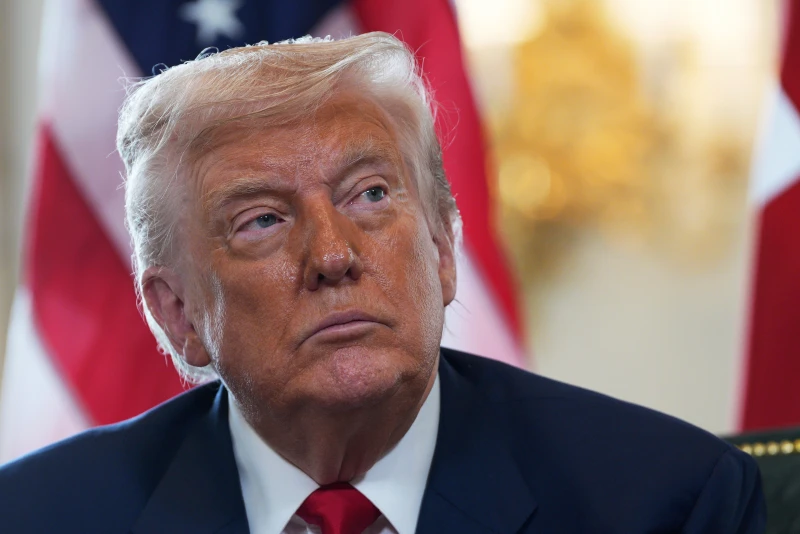A federal appeals court has struck down the bulk of tariffs imposed by US President Donald Trump, ruling that they were illegal and casting doubt on the future of his foreign policy agenda.
In a 7–4 decision, the US Court of Appeals for the Federal Circuit said Trump’s sweeping tariff programme, including “reciprocal” tariffs on many countries along with levies against China, Mexico and Canada, could not be justified under the International Emergency Economic Powers Act (IEEPA). The judges described the measures as “invalid as contrary to law.”
The ruling will not be enforced until 14 October, giving the administration a chance to request review by the Supreme Court, reports BBC.
Trump responded on Truth Social, saying, “If allowed to stand, this Decision would literally destroy the United States of America.
“If these Tariffs ever went away, it would be a total disaster for the Country. It would make us financially weak, and we have to be strong,” he added.
The president had invoked the IEEPA to declare a national emergency in trade, claiming that trade imbalance endangered national security. But the judges determined that tariffs were never contemplated in the statute, stressing that Congress has always reserved the power to set duties and taxes.
The 127-page opinion observed that the IEEPA “neither mentions tariffs (or any of its synonyms) nor has procedural safeguards that contain clear limits on the President’s power to impose tariffs.”
The Court ruled the IEEPA cannot override the power to impose taxes and tariffs, which continues to belong to Congress.
The case was triggered by two lawsuits from small businesses and a group of US states following Trump’s April executive orders that imposed a baseline 10 percent tariff on nearly all countries and extra “reciprocal” duties on dozens of others. The New York-based Court of International Trade had previously deemed the orders unlawful, but enforcement was suspended pending this appeal.
Besides the broad global tariffs, the decision also invalidates certain levies on Canada, Mexico and China, which Trump had said were aimed at curbing drug imports. However, tariffs on steel and aluminium, imposed under different statutory authority, remain unaffected.
Government lawyers had warned that cancelling the tariffs would risk triggering a financial crisis similar to the 1929 crash. In a filing, they cautioned, “Suddenly revoking the President’s tariff authority under IEEPA would have catastrophic consequences for our national security, foreign policy, and economy. The President believes that our country would not be able to pay back the trillions of dollars that other countries have already committed to pay, which could lead to financial ruin.”
The ruling also casts doubt on trade deals negotiated on the basis of reduced tariff arrangements with Washington.
The outcome sets the stage for a likely Supreme Court battle, where the justices would be asked to decide whether Trump’s extensive tariffs is an overreach of executive authority or a legitimate use of presidential powers.
Although the appellate bench included only three Republican appointees, the Supreme Court holds a stronger conservative majority, with six justices named by Republican presidents, three of them by Trump himself.



